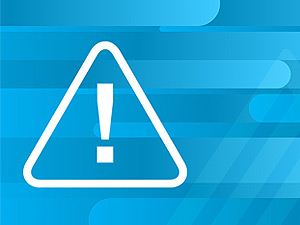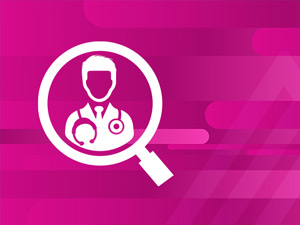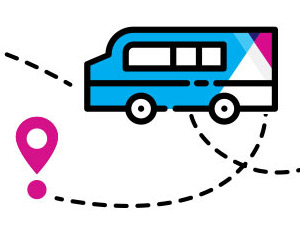Johnson & Johnson Vaccine Use/FAQs
Johnson & Johnson (Janssen) Vaccine Use
Following a thorough safety review, including two meetings of the CDC’s Advisory Committee on Immunization Practices, the U.S. Food and Drug Administration (FDA) and the U.S. Centers for Disease Control and Prevention (CDC) have determined that the recommended pause regarding the use of the Johnson & Johnson (J&J/Janssen) COVID-19 Vaccine in the U.S. should be lifted, and use of the vaccine should resume.
As a result, Mount Sinai South Nassau will resume use of the Johnson & Johnson COVID-19 vaccine on Wednesday, April 28. You can learn more about the safety and effectiveness of the J&J vaccine at the FDA’s web site: https://www.fda.gov/news-events/press-announcements/fda-and-cdc-lift-recommended-pause-johnson-johnson-janssen-covid-19-vaccine-use-following-thorough
Questions About the Johnson & Johnson Vaccine for COVID-19
Many of you have seen the news about the Johnson & Johnson (Janssen) COVID-19 vaccine—and we understand that you may have questions. At Mount Sinai, we want to provide you with the latest, most trustworthy information.
Why were health care providers concerned about the Johnson & Johnson (Janssen) COVID-19 vaccine?
There have been isolated instances of people developing blood clots after receiving the Johnson & Johnson (also known as Janssen) vaccine. We do not yet know whether the vaccine caused these occurrences. At this point, there have been 15 cases out of 6.8 million doses given. Most of these cases have occurred in women under 50, and all occurred within three weeks of receiving the vaccine.
Is the Johnson & Johnson vaccine currently authorized for use?
The Centers for Disease Control and Prevention (CDC) and the Food and Drug Administration (FDA) paused distribution of the Johnson & Johnson (Janssen) COVID-19 vaccine while the data about these events was reviewed. After reviewing the data, they lifted the pause on Friday, April 23. Johnson & Johnson (Janssen) COVID-19 vaccine may now be used for all patients 18 and over in the United States, but will carry a warning label about the rare blood clotting events.
Should I be worried if I got the Johnson & Johnson vaccine?
We understand that you may be concerned if you or a loved one received the vaccine. However, you should know that these are extremely rare occurrences—and we don’t know if they are related to the vaccine. You should be concerned if you or a loved one develops:
- Severe, persistent headache or blurred vision
- New neurologic symptoms
- Persistent abdominal pain
- Shortness of breath or chest pain
- Leg swelling
- Recent bruising or pinpoint-like rash
If you develop any of these symptoms, call your health care provider—or if you believe the symptoms are life-threatening, call 911.
Is there anything I can do to prevent these symptoms?
Right now, there are no recommended precautionary measures or treatments. The CDC and FDA are continuing to monitor the safety of all vaccines.
Learn More
Johnson & Johnson vaccine fact sheet

Updates from the Mount Sinai Health System
As the number of cases of COVID-19 (coronavirus) has grown substantially...
Read More

Find A Doctor
We have made it easy for you and your family to find the doctor who is your perfect match...
Read More

COVID-19 Vaccine Information and Resources
As of now in the United States, there is no authorized or approved vaccine to prevent COVID-19...
Read More

Vaxmobile
Mount Sinai South Nassau and the Town of Hempstead are communicating directly with community leaders...
Read More

COVID-19 Testing Information
There are many reasons to get tested for the coronavirus. You may be experiencing one of the many...
Read More

Support Our Response to COVID-19
Our frontline staff at Mount Sinai South Nassau are battling the COVID-19 outbreak...
Read More